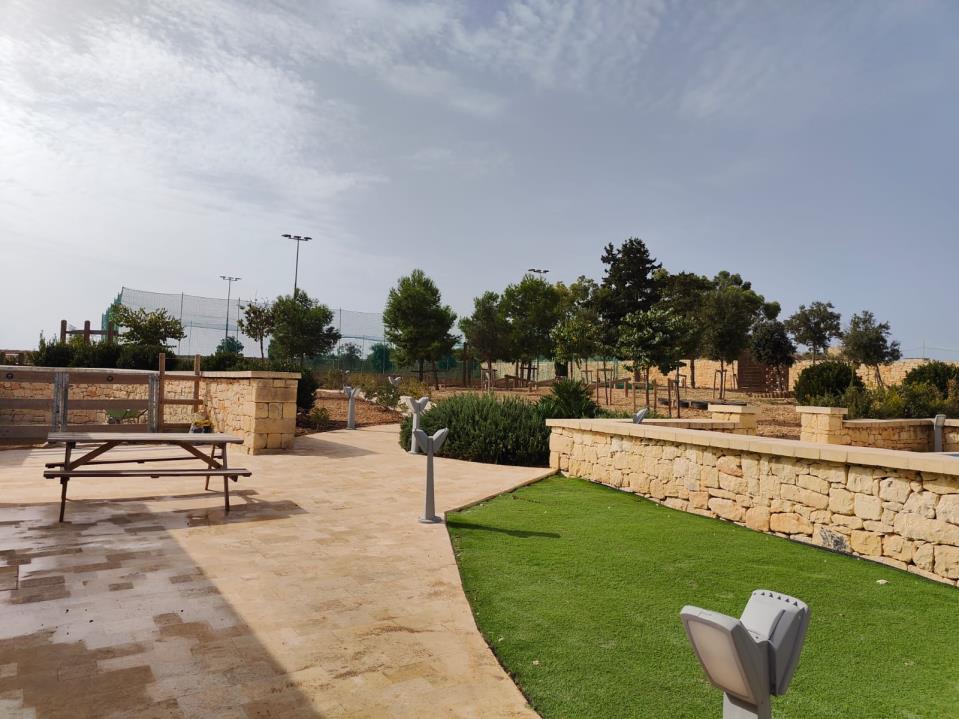Caritas Malta’s Tal-Ibwar Therapeutic Centre is dedicated specifically towards youth drug rehabilitation functions through an “evidence-based programme” that does not promote abstinence, but instead tries to help affected individuals discover the “natural highs” of life as healthier and more meaningful alternatives.
In this regard, Tal-Ibwar’s Clinical Coordinator Dr Daniel Mercieca told The Malta Independent on Sunday that promoting abstinence to teenagers suffering from problematic substance use is not a viable solution to the issue. “Adolescents do not stop [taking drugs] because you tell them they will kill you; they will just look at your face and tell you “I’m still alive”’, Mercieca said.
Furthermore, many of the youths who approach the Centre sadly have a history of trauma, and it is often due to this difficult past that they have sought out illicit substances. As a result, Mercieca described how simply forcing the youths to stay off these substances – which are often used as coping mechanisms – could lead to the trauma being amplified for these young persons; this is why a more therapeutic holistic approach is promoted, Mercieca told this newsroom.
“We need to heal the trauma and equip them with the skills to be able to find healing,” he said.
Mercieca gave an insight to this newsroom through an exclusive interview about the services provided by this centre, the holistic approach used to assist the affected teenagers and their families, and the values enshrined in Tal-Ibwar’s therapeutic services for youth drug rehabilitation, amongst other related topics.
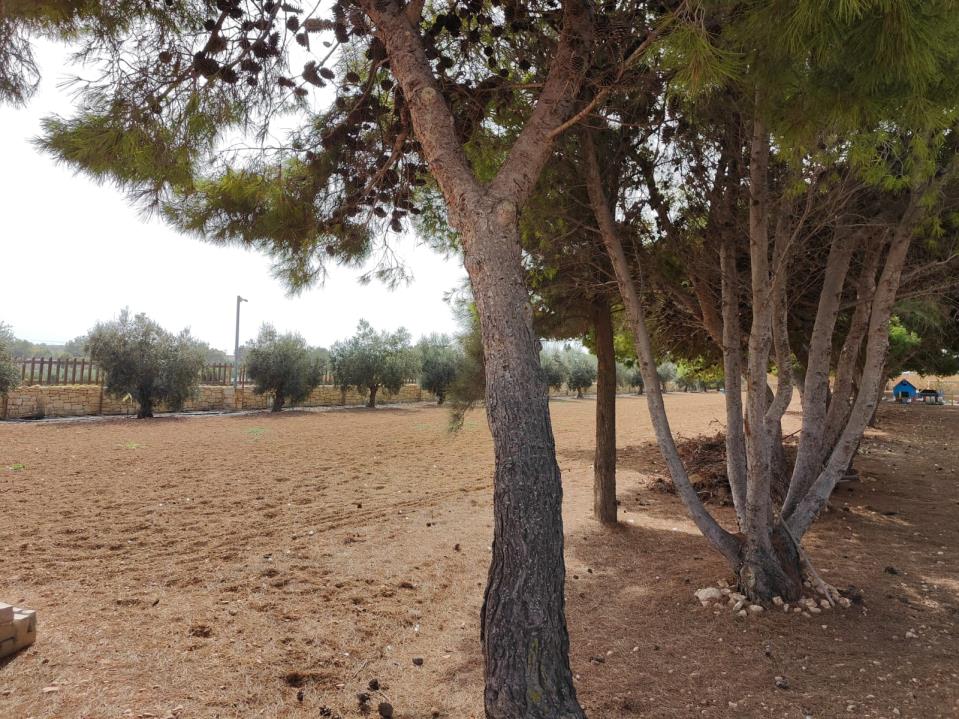
The need for a designated drug rehabilitation programme for youths
This Siġġiewi centre is run by Caritas Malta at the government’s request after a need was identified for youths to have their own dedicated drug rehabilitation programme separate from adults. Resultantly, the service is fully funded by the State at a cost of around €1 million annually.
“The government entered into a commitment that we need to create a therapeutic centre for youths who were otherwise served either through hospitalisation (which was sometimes long-term), prison, or in another programme,” Mercieca told this newsroom.
Prior to Tal-Ibwar’s inauguration, youths with problematic substance use were being treated in the same way as adults. In the past, “the only treatment that they could get was by joining a community” where these adolescents were surrounded by grown-ups who were on decades-long cycles with some hard drugs. This had led to some teenagers being undermined for “only smoking a couple joints” by other adults who had been on hard drugs like heroin for decades. Mercieca continued that this had ironically led to some youths trying to prove themselves and to prove their belonging within these circles by further inviting drug use.
Highlighting how this experience was for youths who had gone through this general rehabilitation programme in the past, Mercieca told this newsroom that he spoke to such people who went through this and said that “they’d tell you ‘I was there and I learned more about drugs’”.
Mercieca said it is normal for young people to experiment with drugs and clarified that “only a small percentage will develop a problem”. He then defined “problematic substance use” as “use that is creating problems in different areas of their life, e.g., schooling, police, friends, their families, etc”. He also said that there is no single reason as to why youths opt to go for drugs over other healthier alternatives.
Additionally, Tal-Ibwar does not only deal with adolescents battling addiction with drugs and alcohol, but also with those youths “still in the honeymoon phase with drugs” who are “still discovering and simply going from one high to the next”.
Mercieca justified the need to intervene in this subject during adolescence by saying that otherwise, “the country will pay a price”. He then added that “the price for keeping someone in long-term hospitalisation or long-term imprisonment is very high”.
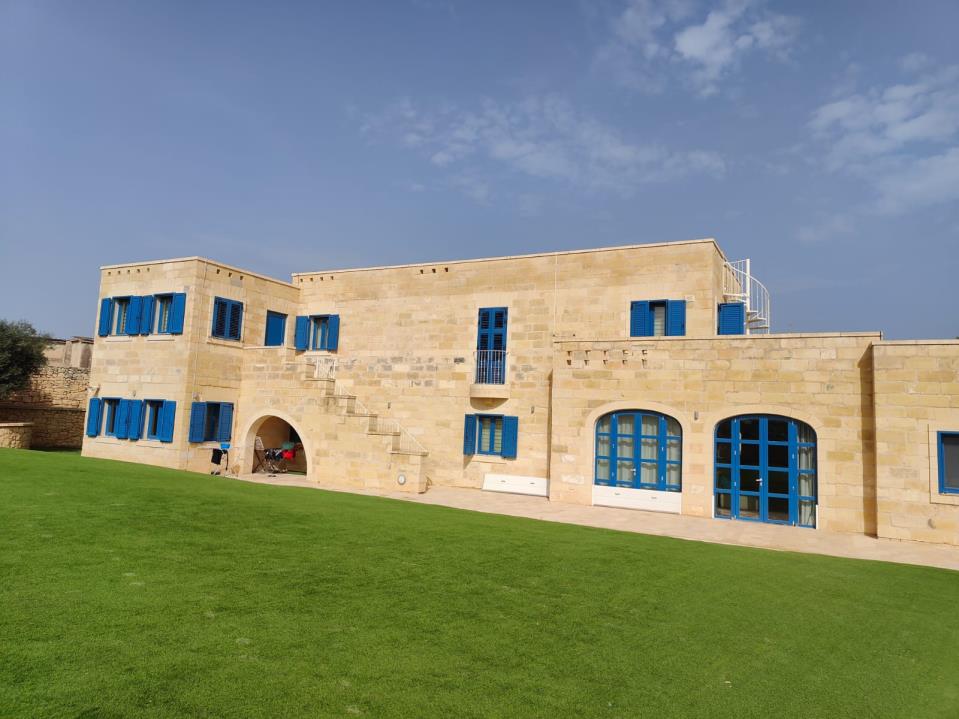
Tal-Ibwar’s Strategic Treatment of Adolescents
Tal-Ibwar was described to have three core aims behind its services: to create a space where adolescents can learn to make “wise decisions” about their drug use, to heal the trauma causing their substance abuse, and to guide the affected youngsters through this journey alongside their families to foster a supportive household once their experience with Tal-Ibwar is complete. This process is exemplified through Tal-Ibwar’s “Seven Challenges” programme – their 7-step approach to help prosper wise decision-making on substance use.
Explaining these objectives in greater detail, Mercieca said that this entire process begins by listening to the adolescent to first get to know them and establish a starting point. ‘If you really want to help adolescents, you need to start from where they are at, and sometimes, where they are at is “I don’t have a problem, others think I have a problem, but I don’t”, and we start from there,” he described.
Highlighting the vulnerability of these cases, youths who greatly experiment with substances often approach Tal-Ibwar with a history of trauma. Henceforth, it is necessary for staff at the therapeutic centre to help identify what needs the drugs were fulfilling for them in order to assist them to progress past this coping mechanism.
Tal-Ibwar has a staff of 24 persons spread across its three teams: educators, therapeutic facilitators, and the psycho-social team. The psycho-social team includes a psychiatrist, counsellor, family therapist, psychotherapist, and a social worker while the therapeutic facilitators handle duties pertaining to each individual resident.
The team of educators is responsible for hosting all educational and therapeutic activities Tal-Ibwar has to offer. Youths at Tal-Ibwar can embrace animals through their agribusiness programme, they can show their artistic side through the artisanship programme, and they are challenged via adventure therapy. Mercieca also mentioned other educational programmes in digital media, photography, videography, and digital production that are on offer at Tal-Ibwar with the aid of EU funds.
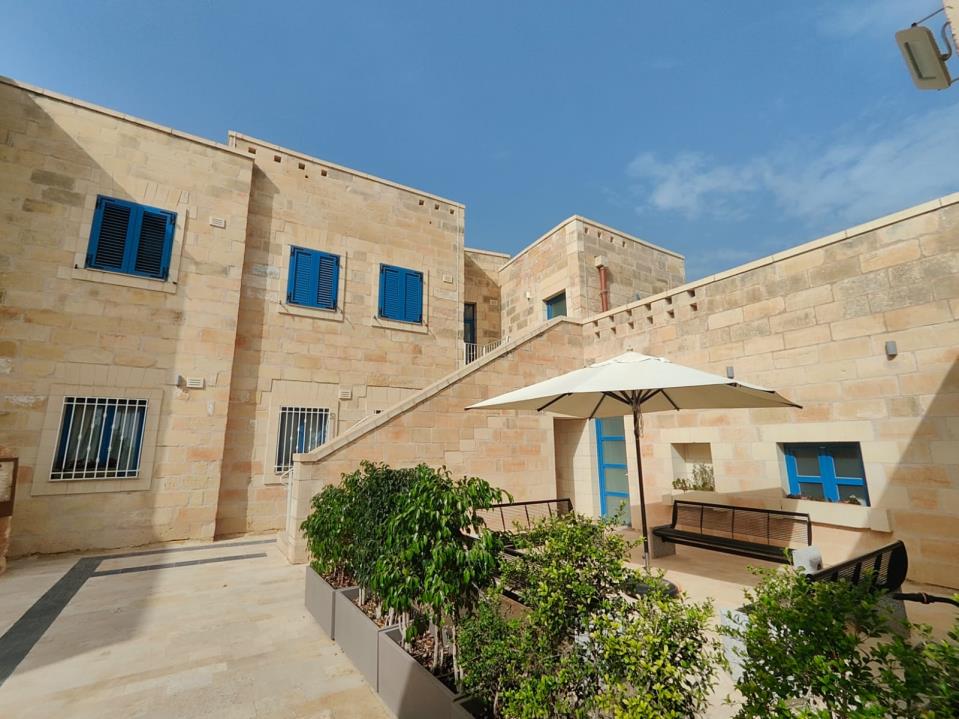
The benefits of adventure therapy
Adventure therapy is a form of psychotherapy in which, through challenging the adolescents’ limits through different activities, e.g., cooking, abseiling, kayaking, running, night hikes, etc., the participants have their comfort zones challenged and broadened while learning to enjoy life without seeking substances. These activities are available for youths from both residential and non-residential programmes at Tal-Ibwar.
Mercieca told this newsroom that at Tal-Ibwar, it is the youths who must cook for themselves and for everyone else at the Centre. He detailed how many of these teenagers, given their young age, go from having their breakfast served by their parents in their homes to cooking for 22 people and being congratulated by all of them once they have eaten.
Adventure therapy also offers the affected youths with life lessons through the activities they are put through; the examples of snorkelling and night hikes were mentioned to explain this. Mercieca elaborated that snorkelling helps one regulate their breathing, and thus, to better cope with their anxiety.
Meanwhile, the night hikes have taught these teenagers how to deal with fear and that they must face the ramifications of their own decisions as a metaphor for life. Mercieca explained how whenever faced with a crossroads during these walks, the youths select which path to take. “You choose your path but then you have to deal with consequences; if you’ve taken the wrong road, you’re going to get tired,” he said.
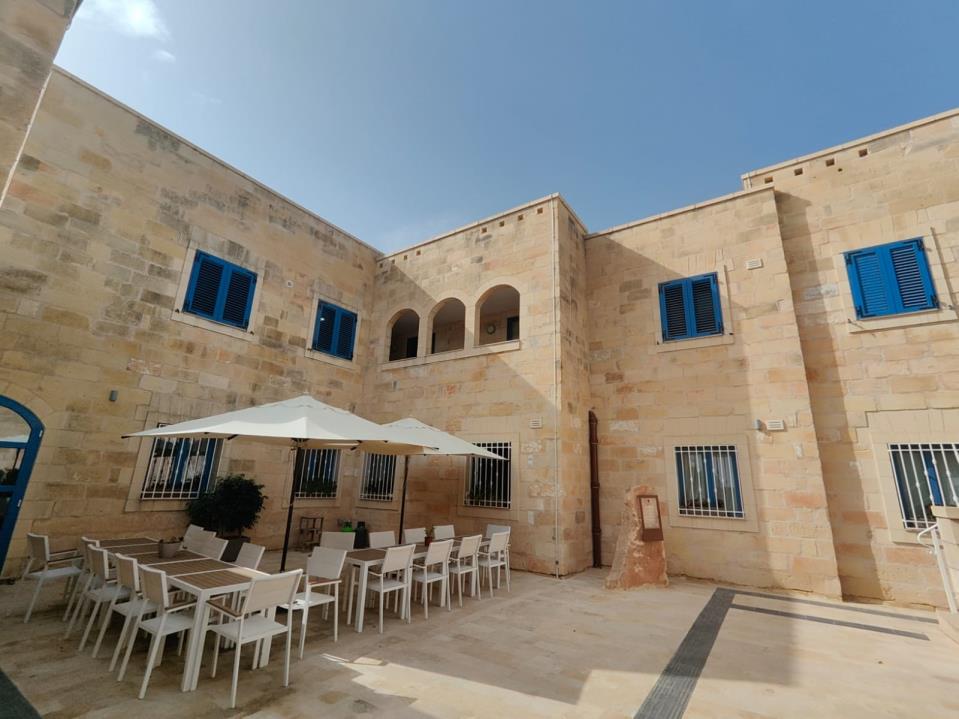
The centrality of families during rehabilitation
It was made clear that the families of the adolescents at Tal-Ibwar are central to their entire rehabilitation programme, including their time interacting with Tal-Ibwar and afterwards. Family therapy and family outings also form part of the rehabilitation programmes on offer as important means to improve family dynamics and foster a healthier household.
“I wish to emphasise that work with the family is very important because we are not after having a programme that just takes a youth from their community,” said Mercieca.
During this interview, Mercieca remarked that more referrals are being made to Tal-Ibwar over time and that the vast majority of these referrals are actually self-referrals. Breaking down all received referrals since the end of September 2023, 27% of contact made to the Centre came from youths and families themselves. Most referrals to Tal-Ibwar have been received from FSWS (17%), followed by Correctional Services (15%), and then by Probation (13%). Referrals by Mount Carmel Hospital were the fifth most common type received (7%).
Since Tal-Ibwar’s inauguration in 2021, the middle quarters of 2023 have been the busiest months experienced by the centre; they currently have 39 active youths under the residential, non-residential, and after-care programmes combined. This is up from 31 active youths during the same quarter last year in 2022.
Mercieca insisted that rather than youths becoming more acquainted with drugs, this statistical rise is attributed to Tal-Ibwar growing in popularity. He argued that after other services have gotten to know them, more of the general public is getting to know about them as time passes.
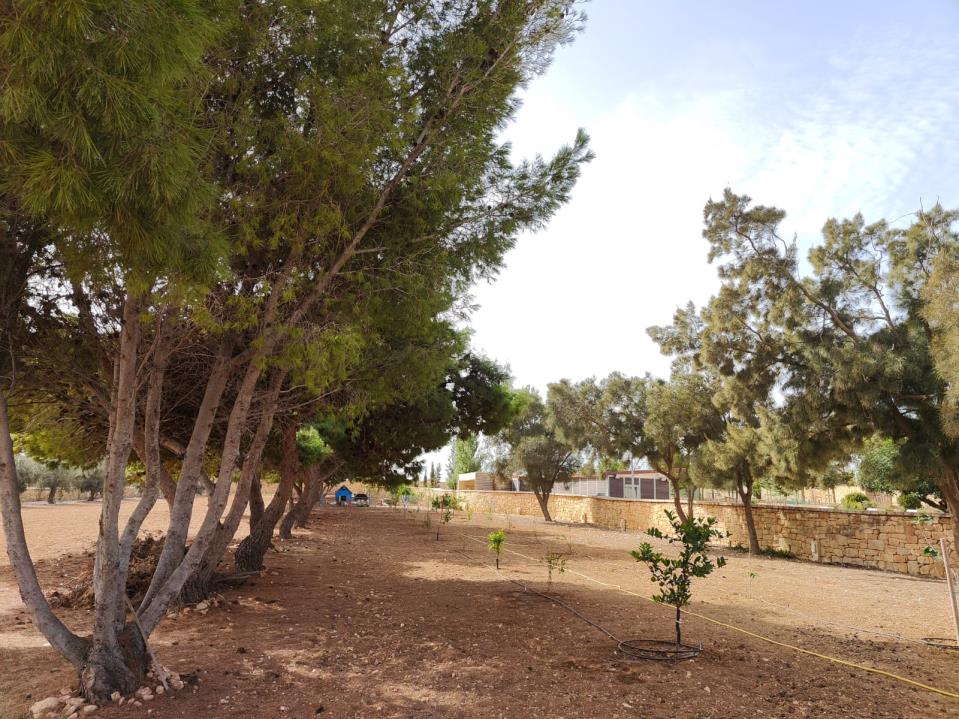
Concluding message
At the end of this interview, Mercieca was asked to provide a few words to any young readers who may currently be going through a period of substance abuse themselves, here is what he had to say:
“It’s your choice, we cannot take decisions for you and we will not take decisions for you. That puts the responsibility on yourself – either you’re going to make decisions or else at a point you will find out that other people will have to take decisions for you. We are here to help you take decisions, so let’s meet. Let’s meet, but not to talk about drugs, let’s meet to talk about you. After that we can talk about drugs, but we are interested in talking to you to get to know you.”
